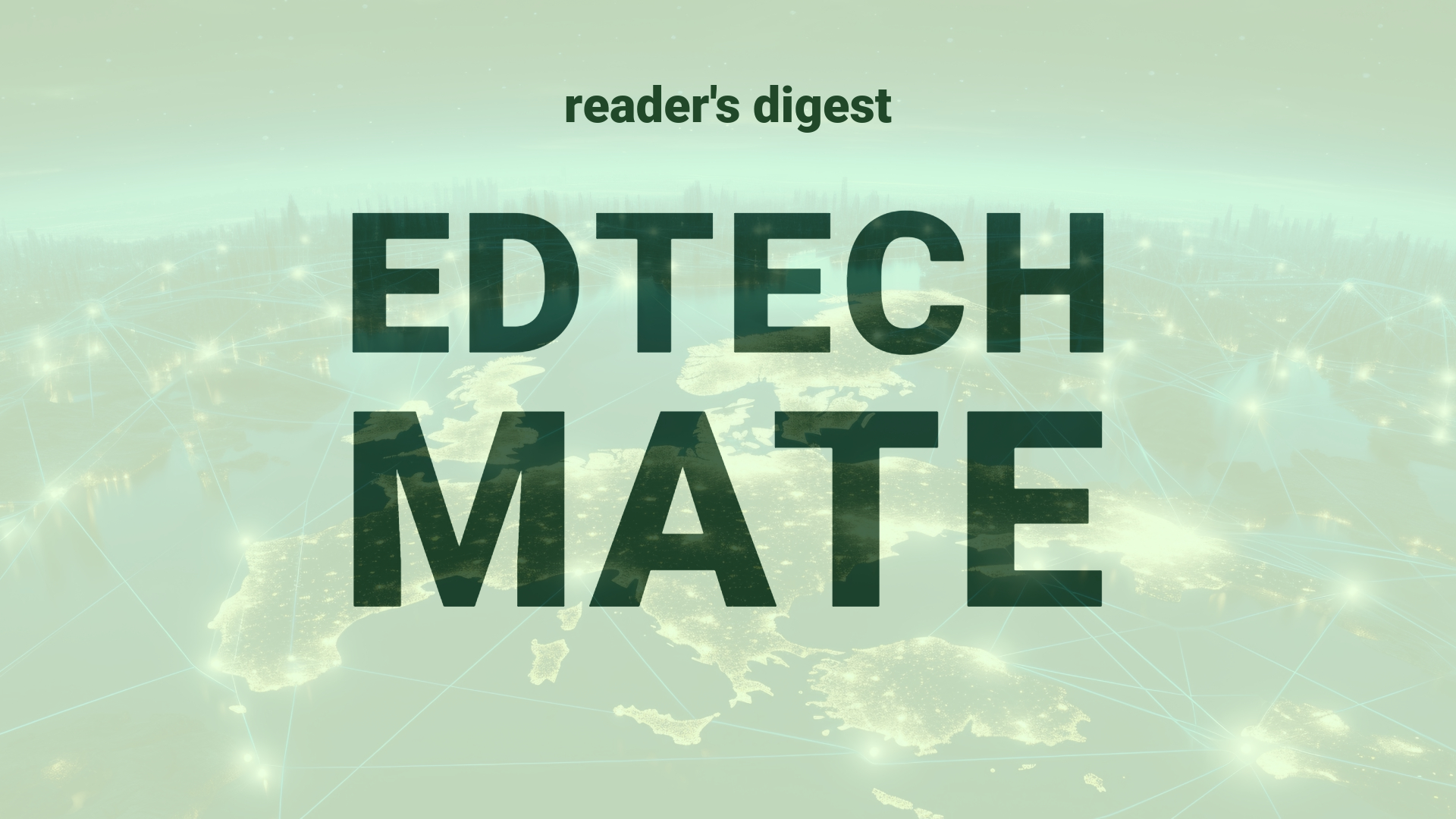Executive Summary and Main Points
This passage reflects the often unspoken challenges of PhD education, revealing the dichotomy between external perceptions and internal experiences. The key innovations and trends within the international education sector include the increasing awareness of the emotional toll of PhD studies, the complexities of student-supervisor relationships, and the evolving nature of scholarly communication and support. Digital platforms and tools, particularly within the AI realm, have the potential to transform these dynamics by providing better support, guidance, and community for PhD candidates.
Potential Impact in the Education Sector
The first-hand accounts of the PhD journey underscore the need for Further Education and Higher Education institutions to address postgraduate wellbeing. Potential impacts could include the development of AI-driven mentorship programs, improvement of digital communication tools to facilitate clearer guidance from supervisors, and the implementation of virtual environments for more engaging poster presentations. The rise of Micro-credentials necessitates a focus on modular, targeted support throughout the PhD process and integrating these into strategic partnerships could help research students manage expectations and reduce stress.
Potential Applicability in the Education Sector
Innovative applications could involve AI-assisted writing tools to augment the thesis writing process, dynamic forums leveraging AI for real-time Q&A during virtual poster sessions, and predictive analytics to identify when students might be struggling. These tools could be tailored to fit within global education systems through international partnerships and shared digital infrastructure, establishing a new paradigm for PhD support across universities.
Criticism and Potential Shortfalls
While AI and digital tools offer potential solutions, there are limitations such as the risk of over-reliance on technology which may overlook the nuanced personal interactions that can be crucial to a student’s success. The ethical implications surrounding data privacy and the impersonal nature of virtual communications must be considered. Comparative international case studies could reveal disparities in technological implementation and effectiveness, highlighting that such tools may not universally translate across cultural contexts.
Actionable Recommendations
International education leadership should consider the following: 1. Invest in developing AI-driven academic support tools.2. Create digital platforms for collaborative and interactive poster sessions.3. Incorporate micro-credentialing for specific PhD milestones to provide a sense of progress and achievement.4. Training for supervisors in utilizing digital communication tools for clearer guidance.5. Establish ethical guidelines for the use of student data in AI applications. These strategic insights and actions aim to directly address the emotional and logistical challenges faced by PhD students.

